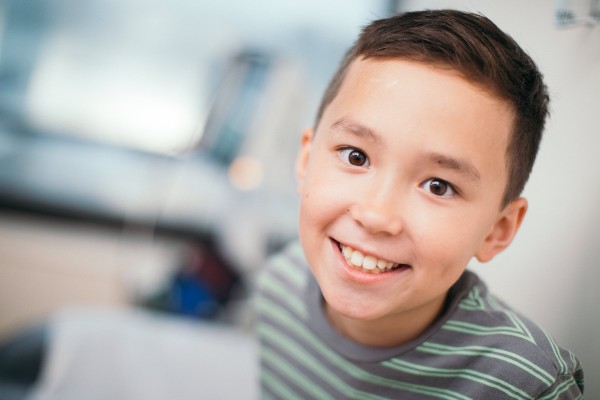Condition
Pediatric Ulcerative Colitis
What You Need to Know
Ulcerative colitis is a chronic inflammatory bowel disease (IBD) in which the lining of the large intestine (colon or bowel) and rectum becomes inflamed. In children, inflammation usually begins in the rectum and lower (sigmoid) intestine and spreads upward to the entire colon unless effectively treated.
Key Symptoms
The most common symptoms of ulcerative colitis are:
- Abdominal pain
- Bloody diarrhea
- Fatigue
- Weight loss
Diagnosis
Doctors typically diagnose ulcerative colitis by:
- Blood test
- Stool sample
- Upper endoscopy (EGD)
- Colonoscopy
- MR enterography
Treatment
Treatment may include the following:
- Drug therapy
- Hospitalization
- Surgery
Schedule an Appointment
Our pediatric specialists provide personalized care for your child’s physical, mental and emotional health needs. Meet the providers who treat ulcerative colitis and schedule an appointment today.
Frequently Asked Questions
What is ulcerative colitis in children?
What causes ulcerative colitis in a child?
Which children are at risk for ulcerative colitis?
What are the symptoms of ulcerative colitis in children?
How is ulcerative colitis diagnosed?
How is ulcerative colitis treated in a child?
What are possible complications of ulcerative colitis in a child?
How can I help my child live with ulcerative colitis?
When should I contact my child's doctor?
Should people with ulcerative colitis avoid certain foods?
Emotional and Social Care for Children with Ulcerative Colitis
Departments that Treat Ulcerative Colitis

Inflammatory Bowel Disease Program
Our pediatric gastroenterology experts provide comprehensive services for children with IBD, including Crohn's disease and ulcerative colitis.

Is it IBD or IBS?
You may be wondering what the differences are between inflammatory bowel disease (IBD) and irritable bowel syndrome (IBS). Children's National gastroenterologist Diana Moya Orjuela, MD, explains.


Help Kids and Make a Difference
Invest in future cures to help children have brighter futures.






